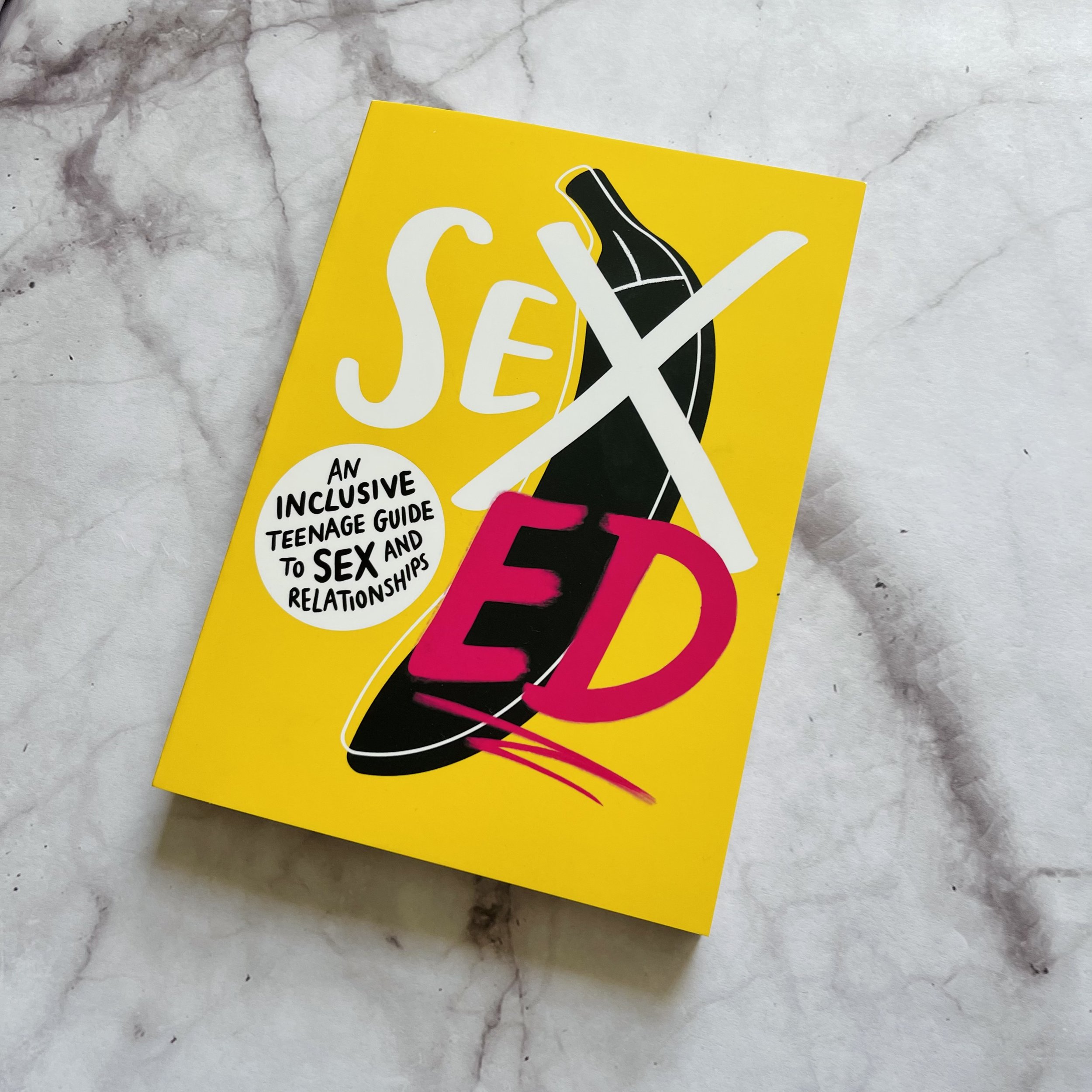Our comment on ‘Clare Page vs Information Commissioner and School of Sexuality Education’ and preceding events, June 2023.
Following the delivery of one day of consent presentations at Haberdashers’ Hatcham College in September 2021, School of Sexuality Education became involved in a tribunal case relating to our intellectual property. On June 6th 2023 the case was dismissed at tribunal.
Our CEO, Dolly Padalia, says:
We welcome the tribunal's ruling that supports our approach to involving caregivers in their children's relationships and sex education.
At School of Sexuality Education, we believe that caregivers have a right to know what their children are being taught in RSE lessons and actively encourage schools to involve parents. We have never refused a parent request to view our resources, we hold regular caregiver information events, and our workshops take place in front of hundreds of teachers every year.
We have never kept any of our school resources "secret" and will never seek to do this. The judge's ruling allows us to continue to protect our intellectual property whilst providing transparency to caregivers.
We will continue our important work advocating for young people's right to access comprehensive and LGBTQIA+ inclusive RSE.
A summary of the timeline of events:
Sept 2021: Two School of Sexuality Education facilitators attended Hatcham College to deliver five one-hour presentations on consent. Presentations were attended by teachers and students from various year groups.
Oct 2021: Haberdashers’ Hatcham College informed us that they “have had a request from a parent to see the resources you used for the KS4 session when you visited us”. We provide a bullet-point breakdown of the session content and the list of resources. They then ask for the powerpoint slides, which we also provide.
Nov 2021: Email correspondence with the CEO of Haberdashers’ Academies Trust South confirms that the CEO has met with the parent and showed her the slides on her school laptop during this meeting, but that the parent would also like a copy of the slides. We tell the school that we cannot provide the parent with a copy of the slides, however we are happy to meet with the parent in-person to show her the slides again, and have a member of our team verbally explain our content. (We later find out that this offer was not passed onto the parent by the school.)
December 2021: The parent submits an FOI request to Haberdashers’ Academies Trust South requesting a copy of School of Sexuality Education’s materials held by the Trust.
January 2022: The school does not disclose our materials. The parent requests an internal review of the FOI request she made to the school.
March 2022: The Trust conducts an internal review and writes to the parent with their response that the ‘College handled the request correctly’ and withhold the requested material.
September 2022: The parent appeals to the ICO. A letter from the ICO to the Academies Trust also asks for another internal review, which was carried out. The ICO upholds the original decision.
November 2022: The parent lodges an appeal to the First Tier Tribunal.
January 2023: School of Sexuality Education is added as Second Respondents.
May 2023: School of Sexuality Education attends Tribunal Hearing.
June 2023: Tribunal dismisses appeal. Available here.
July 2023: Appellant makes a permission to appeal to the First-tier Tribunal.
July 2023: First-tier Tribunal refuses permission to appeal.
August 2023: Appellant makes an appeal to the Upper Tribunal.
January 2024: Upper Tribunal sets a hearing.
September 2024: School of Sexuality Education attends Upper Tribunal Hearing.
September 2025: Upper Tribunal dismisses appeal.
———————————
Any media enquiries should be directed to comms@schoolofsexed.org.






